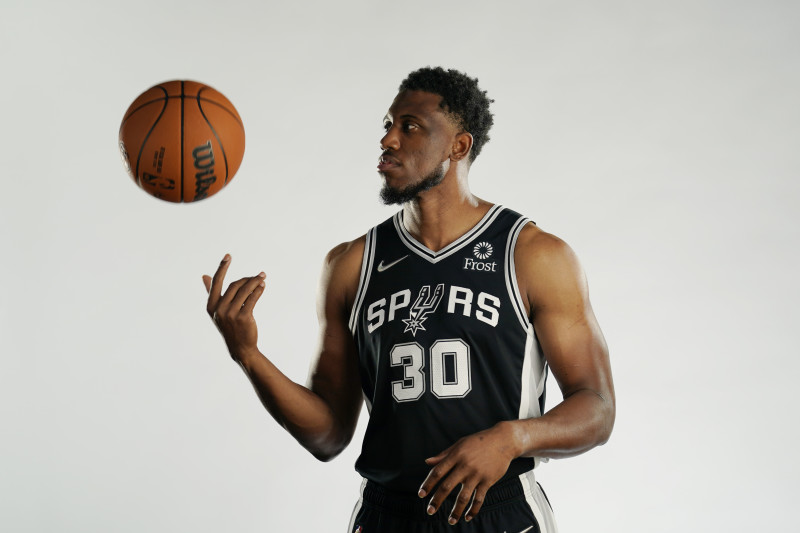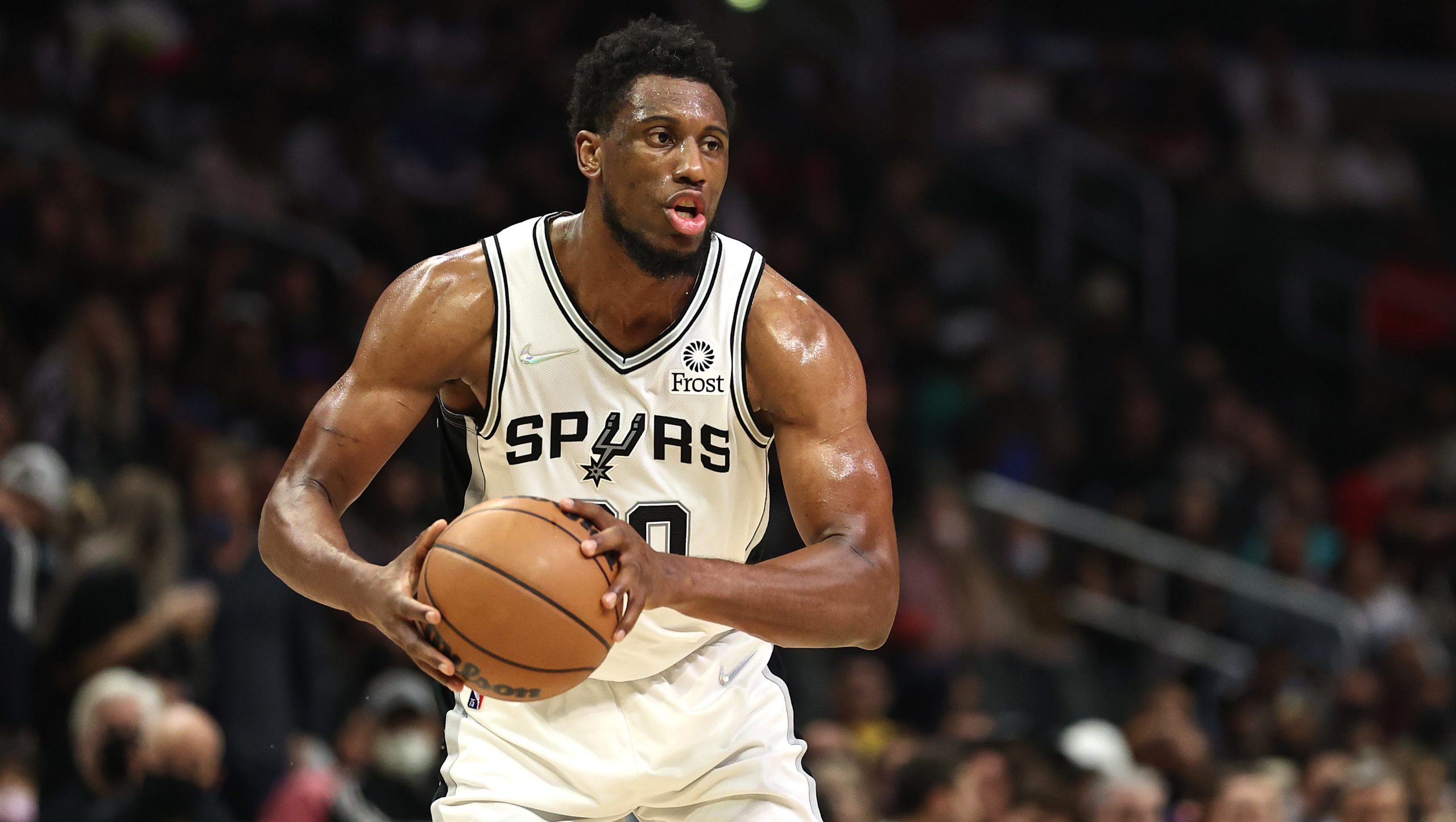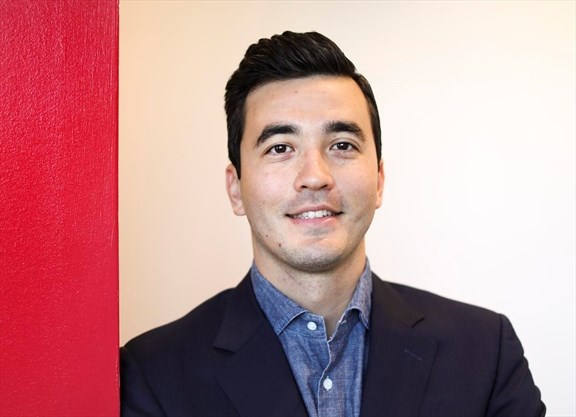It was early in the 2020-21 season that I was legitimately pitching a piece titled, “Thad Young is the premier short roll passer in the NBA.” No joke. The piece never got written (looking back, I can’t really blame any of the editors), but I still firmly believe the sentiment. Young has some elite offensive skills. And they just happen to be skills that Toronto is lacking.
Young makes immediate decisions. He averages under 2.0 seconds and 1.0 dribbles per touch, which is kind of preposterous for a player averaging 2.3 assists per game. He doesn’t need time to survey the floor, and he immediately pings it to either the open man or back out if there isn’t one. He doesn’t turn the ball over. His assist rate and assist-to-usage rate have both been 90th percentile plus for his position this season and last. He doesn’t need the ball to throw home-run passes, which is rare for anyone, but especially for bench players who don’t see many minutes. He offers spacing through multiple avenues, but his passing is his biggest one.
Now, most of that passing value comes in the pick and roll. Young was fourth in the whole league last year in passes thrown as a screener (and also by far, far the most efficient among the top guys). Even though he’s doing it less this year, that efficiency still hasn’t gone anywhere.
More on Young’s passing in greater detail coming tomorrow from the fantastic Samson Folk.
For his pick-and-roll passing to be weaponized, Young of course has to be in the pick and roll. Toronto only has one pick-and-roll operator right now, Fred VanVleet, and he’s developed wonderful chemistry with Pascal Siakam. You don’t want to eat into too many of those. Young can run some with VanVleet to support bench units, now, which allows Siakam more time to work when VanVleet sits. Young thus should allow Toronto to stagger VanVleet and Siakam slightly more, stretching those transitional minutes, allowing Toronto to pull down a few starters’ minutes per game from 40 to perhaps 37 or so.
His passing will also be weaponized in transition, which is another reason he’ll fit into those transitional units (which play in even more transition than Toronto’s starters). On top of that, he’s a steal rate in the 90th percentile or better every year since 2011-12 (and it’s never dipped below 80th percentile in his career), so he not only will capitalize on those transition attempts, but he’ll help jumpstart them as well. In fact, he’s been a positive contributor to his teams’ transition frequency and efficiency, in terms of on/off per 100 possessions, every year of his career but three.
So Young will help the half-court offense with his passing and transition offense with his everything. But that’s not all.
Young is probably a better shooter than advertised. He has an unorthodox shot, and he’s in the midst of a down year (but he’s really just hanging out this year, so take his stats with a grain of salt), but he has had some solid seasons. From 2016-17 to 2019-20 he shot on average 34.9 percent from deep on 2.2 attempts per game. He’s not a terrific shooter, but he’ll take the open ones, and he’ll shoot somewhere between slightly below to right at league average. That’s valuable (and would make him something like Toronto’s second-best shooter off the bench). His shooting would cramp the starters but help the transitional lineups.
Young is a very effective finisher. He’s shooting 60.2 percent from 2-point range this season, and it’s been in the high 50s for almost all of his recent seasons. When others create for him, he’s great at putting the ball in the basket. He has an array of flip, hook, and push shots to get off looks without giving shot-blockers chances at the ball, and he’s actually terrific at making them.
Defensively he’s solid. Not as mobile as he once was, and not a great rebounder, but he’s long and strong, and that helps a lot in most situations. He has terrific hands and will contest without fouling. That’s pretty good for a bench defender. Toronto already has elite big defenders in Precious Achiuwa and Chris Boucher, so Young doesn’t need to add too much there. His real benefit comes on the offensive end, where he gives the team something it lacks outside of the stars.
Which is all to say: Young should only play 12-18 minutes a game. And he’ll help the team a lot in those minutes! Any more, and he might be overexposed, and his deficits might become weaknesses if he’s up against opposing starters across the board. But as the seventh-ish man in the rotation, Young will do a lot for Toronto. Toronto’s been hunting for Thad Young for a long time — I remember when fans argued whether to chase Young or Kenneth Faried. Well they finally got Young, all these years later. He should generally win his minutes. How many bench players can you say that about for Toronto?



